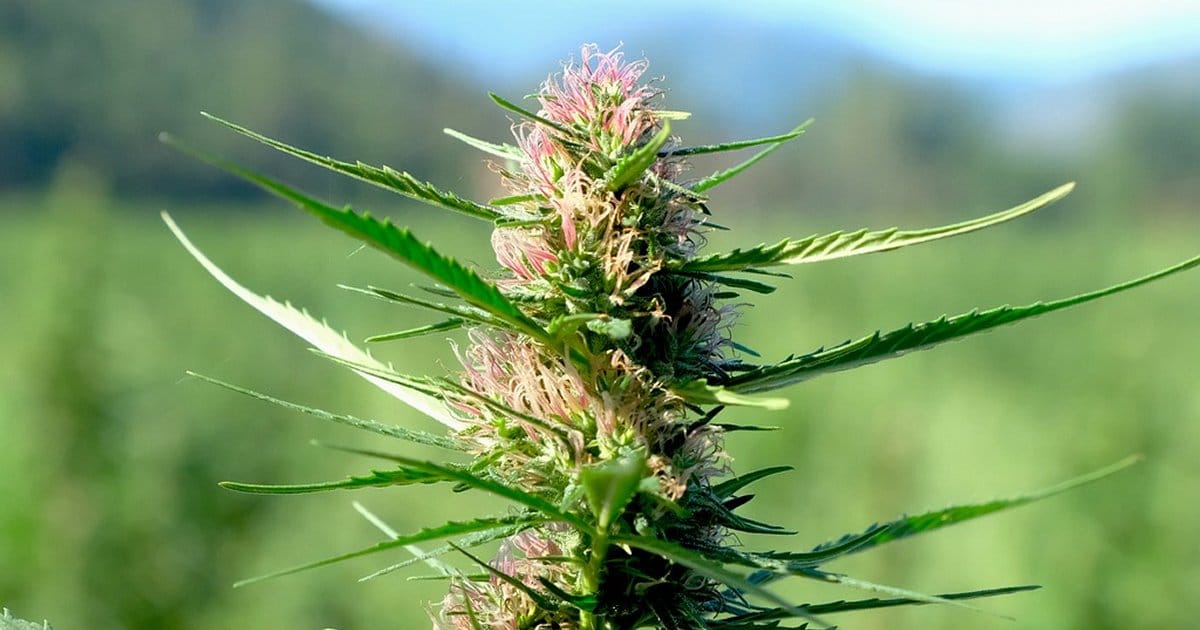A proposed change to the definition of hemp in the USA has been tweaked again after backlash against wording in a related bill.
The House Appropriations Committee recently released the Fiscal Year 2026 Agriculture, Rural Development, Food and Drug Administration, and Related Agencies Bill. The document contained an updated definition of hemp meant to close a loophole that has resulted in the proliferation of unregulated intoxicating hemp products across the country.
But some of the new language was problematic, also referring to products with any “quantifiable” levels of THC or any other cannabinoids that have similar effects to it being not considered hemp. According to the U.S. Hemp Roundtable, this would mean elimination of the vast majority of non-intoxicating hemp-derived products currently sold nationwide, as many contain trace amounts of THC.
However, the legislation has since seen a “manager’s amendment” further clarifying the definition in a report attached to the Bill. It states that on the page of the bill with the “Quantifiable Limits Task Force” entry, the following sentence should be inserted at the end:
“In determining the quantifiable amounts, the Committee does not intend for industrial or nonintoxicating hemp-derived cannabinoid products with trace or insignificant amounts of THC to be affected.”
But the U.S. Hemp Roundtable has already signalled this isn’t enough and pointed out the Food and Drug Administration (FDA) has continually ignored report language when it comes to hemp and CBD.
According to a late 2023 report from Brightfield Group, the hemp-derived THC market in the USA was worth $200 million in 2020, and skyrocketed to $2.8 billion in 2023. A 2025 update pegged the market at $3.5 billion in 2024, with forecasts projecting $4.4 billion by 2029.
Of course, if the hemp definition is tightened up enough to exclude such products, the ‘legal’ market boom will likely quickly turn into a bust. But with so much money at stake, the sector is fighting back hard against such a scenario happening; and if it does, a black market will likely continue to flourish.
They say hindsight is 20/20 — and the poor wording of the 2018 Farm Bill that allowed the current situation — which could so easily have been avoided — will be felt for many years to come.
A proposed change to the definition of hemp in the USA has been tweaked again after backlash against wording in a related bill. Read More


